In God’s call for us to abide, He is asking us to “unpack” our lives in Him. Yet so often in my relationship with God it seems like I am standing by the door with my bags packed either unsure if He really wants me there or scared that He may do something I don’t like.
In Scripture two of the most frequent analogies that are used in describing a healthy relationship with God are that of a tree and the action of walking. The life of a Christian then can be pictures as a journeying tree, ever moving towards God yet also allowing roots to go deep and fruit to be produced.
Peace.
It is a term that is so often used, but yet at the same time, seems so far from reach and foreign.
In the passage in Psalms above the word for peace is “shalom” in the original language. The definition of shalom or peace in this verse is : completeness, soundness, welfare, peace. Shalom peace is when everything is as it should be according to God’s plan and intent. In Shalom peace people are complete, sound, taken care of and at peace.
As you think about (wrestle with?) the idea of Sabbath rest, what are your thoughts and feelings? What barriers or resistances or hurdles come to mind?
I’m really taken by the image above, especially as it relates to this verse.
The scene is urban, active, busy. It’s a bus – mass transit.
There are obstacles of darkness and rain.
And the thing that stands out the most is the reflected red of the brake lights.
It’s stopping - which seems to be in contradiction to everything else in the picture.
If you had to pick one of the four seasons: Spring, Summer, Fall or Winter - which would you pick to describe your life right now? Why?
In our society that is obsessed with productivity and busyness, we can tend towards the unhealthy expectation of constant fruitfulness. How have you seen the issue of comparison surface in different areas of your life?
“He is like a tree planted by streams of water that yields its fruit in its season, and its leaf does not wither. In all that he does, he prospers..” -Psalm 1: 3
Digging Deeper:
I grew up in the countryside of Tennessee, on the outskirts of Knoxville. We lived on a dozen acres right outside the city limit. One of the fondest memories I have of growing up in the country was having a garden and various fruit trees. I loved seeing the fruits and vegetables (although I didn’t eat those) come in and being shared with everybody. However, I hated the in-between. I remember having to go out and pull weeds and wondering if things were ever going to happen. I remember trying to scare the foxes and rabbits away to try to keep them from eating things, it was fun throwing worms at my sister, but that is just a side note.
I’m older now and as I compare my life then to my life now, it is much the same. I like seeing fruits and veggies in my life, I hate pulling weeds and waiting.
Before we go on a trip – say a family vacation – we plan, prepare, figure out our route, where we will spend the night on the way, what we will do when we get there, who we will see. In that preparation there is also anticipation. We look forward to being with the people, seeing the site, experiencing our destination. The Christian season of Lent is the 40 days (except Sundays) prior to Easter. The idea at the heart of Lent is the same – preparation, anticipation, looking forward, making space for hoping and looking forward so that we can enjoy our destination more fully and freely.
Connection...what do I allow myself to connect with? What do I allow to influence me? What do I cultivate?
These are all questions that come to mind as we take a look at Psalm 1:1-2 and the authors observance of what we allow to influence us.

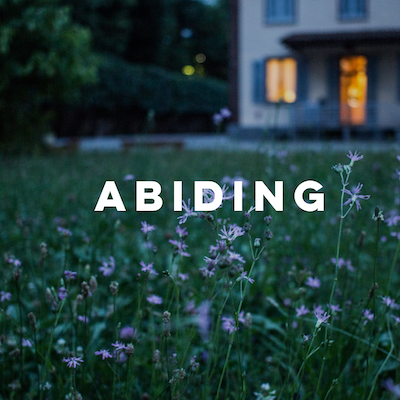
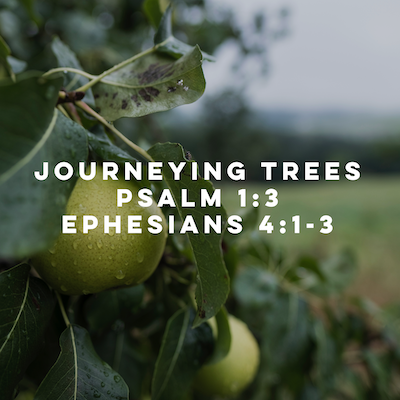
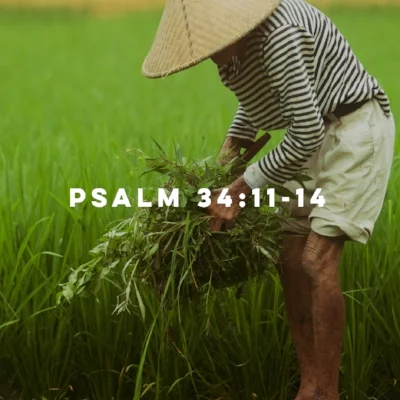
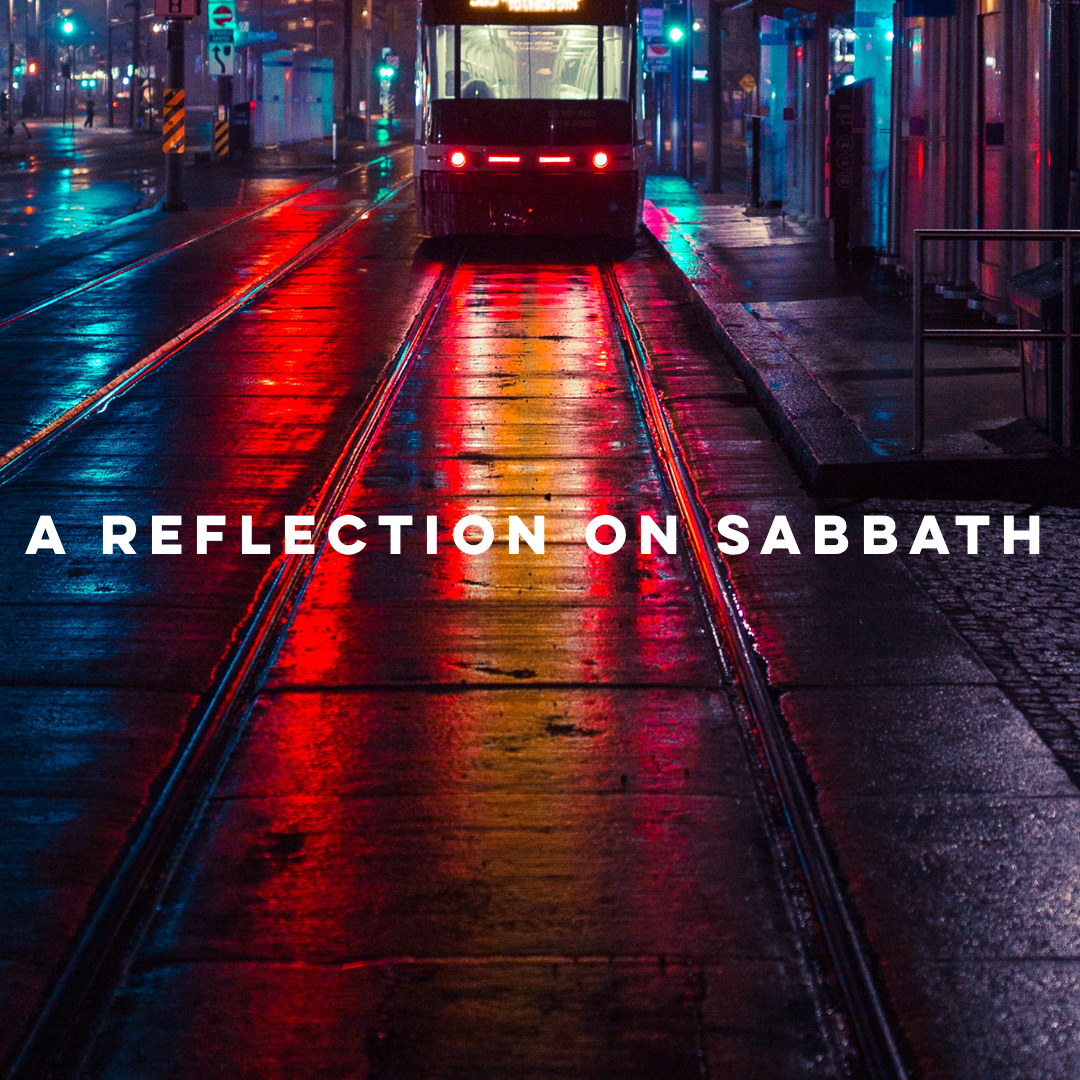
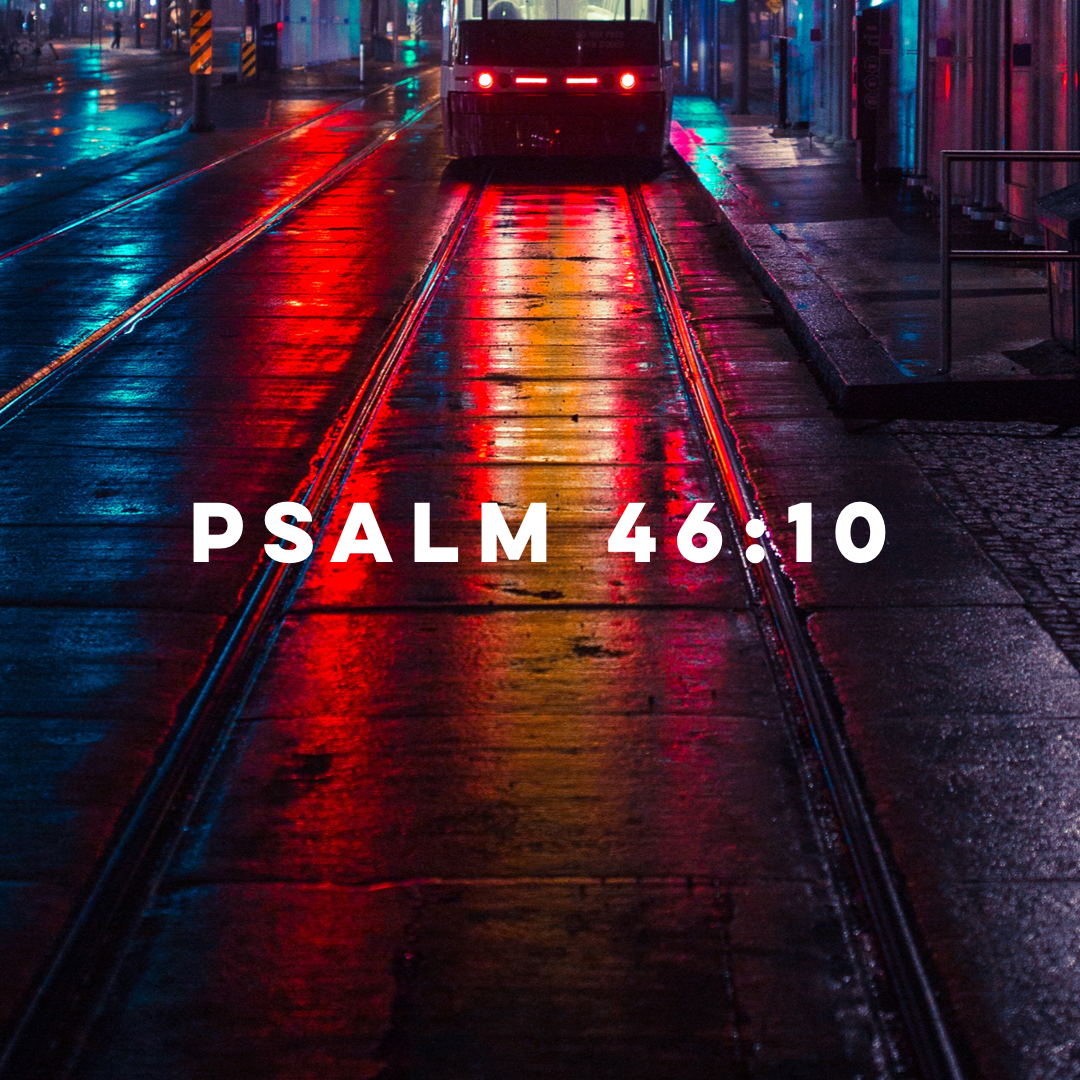
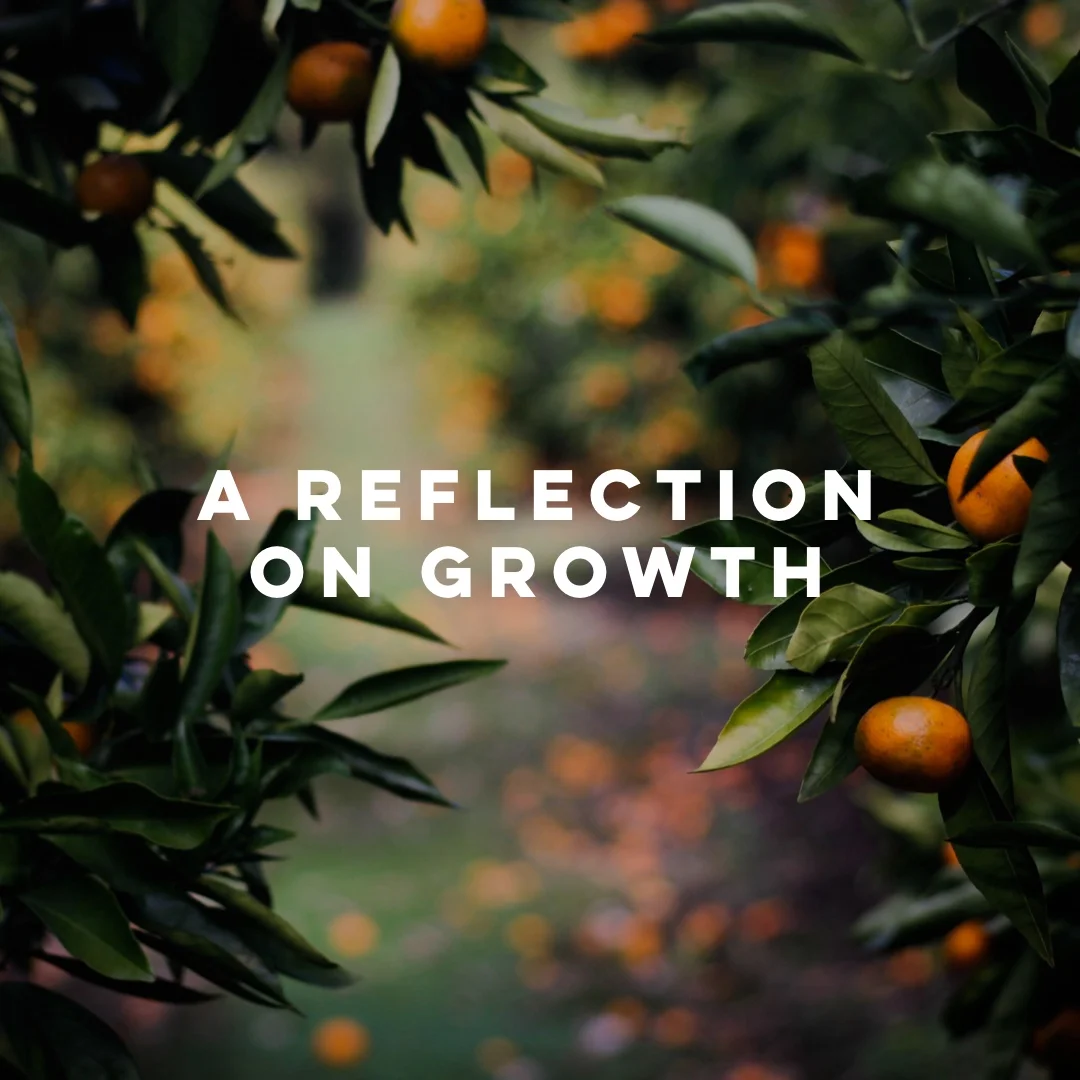
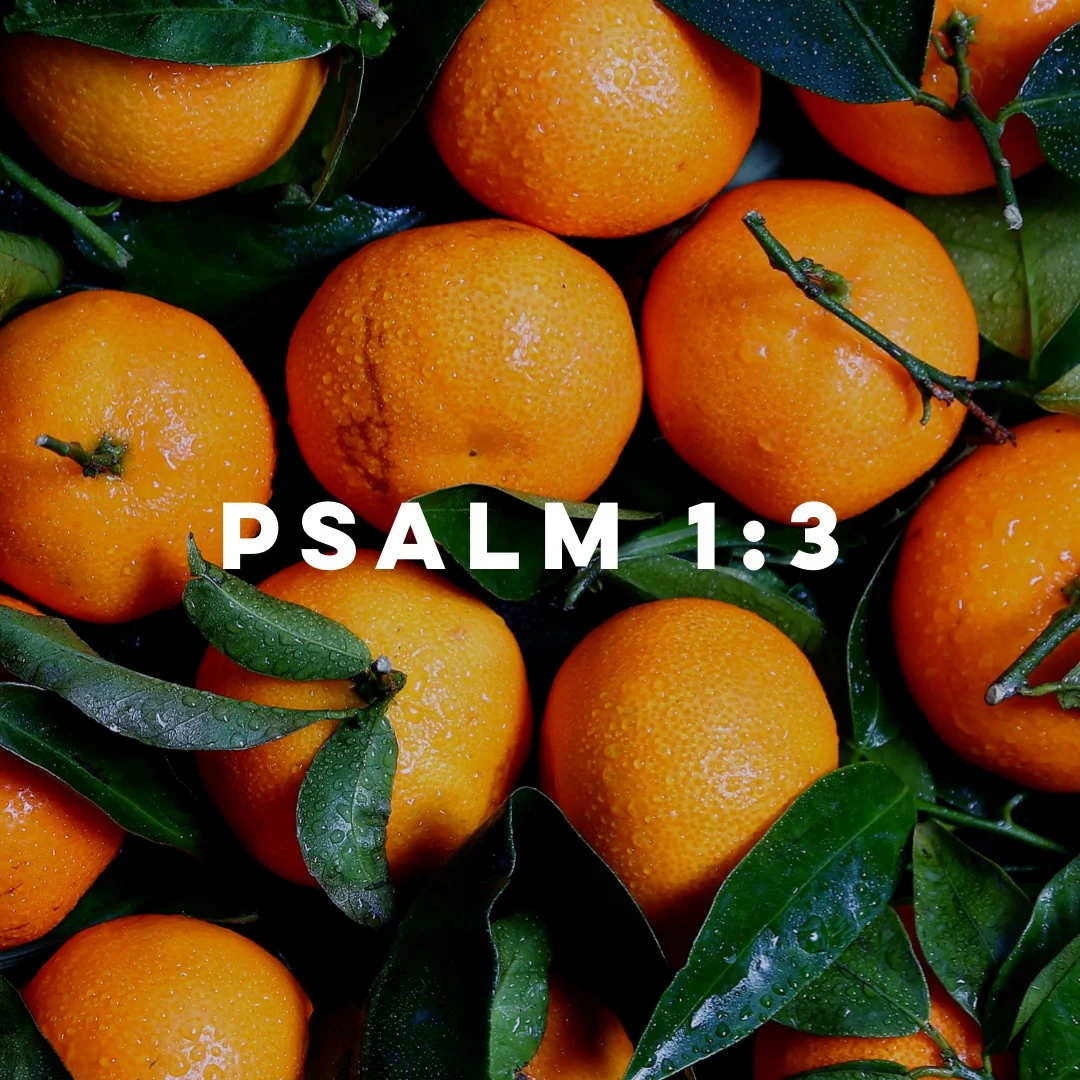

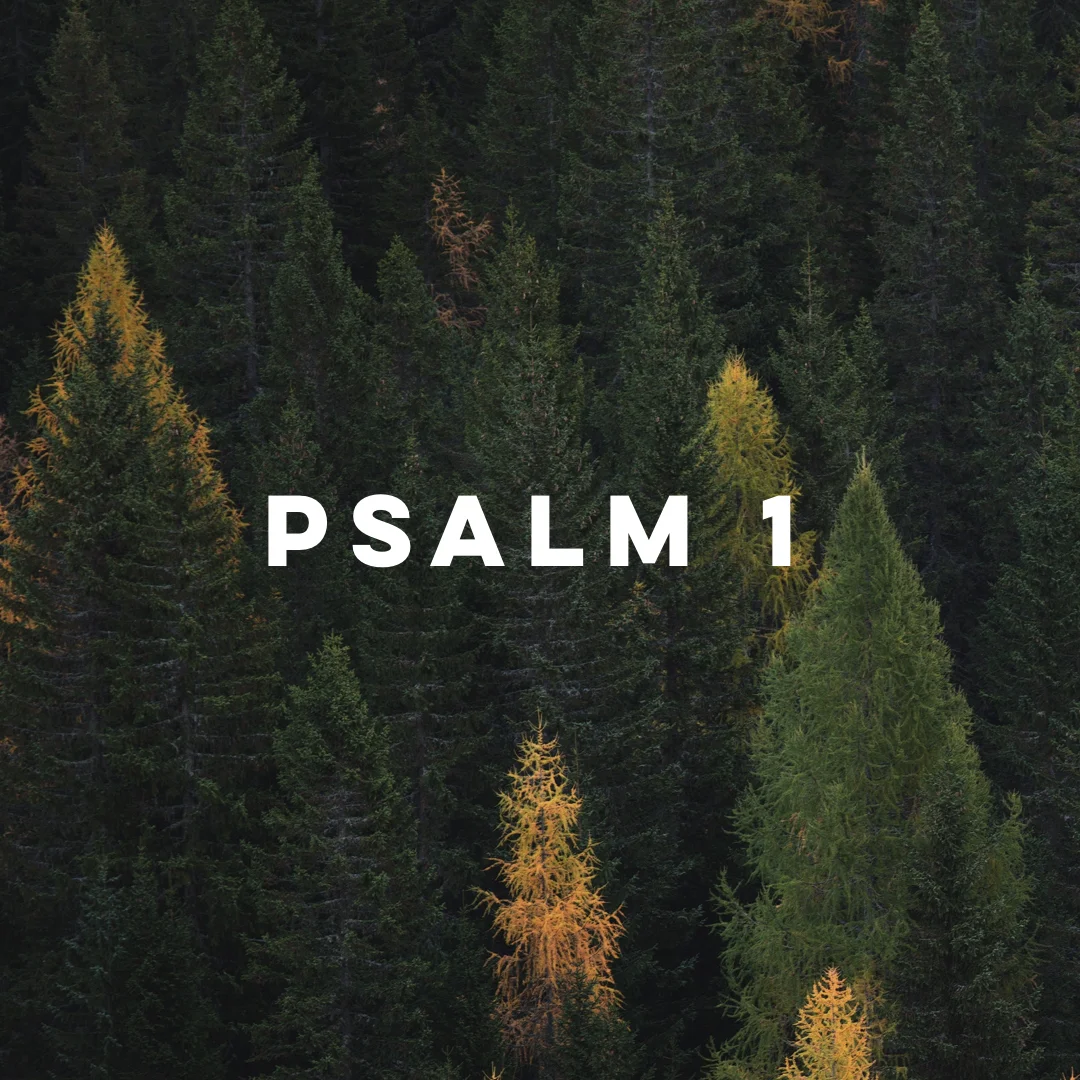
I have struggled with the area of spiritual discipline ever since I became a Christian. I grew up in a very legalistic environment that tainted the term for me. I viewed it as a performance to win the approval of God. This could not be further from the truth.